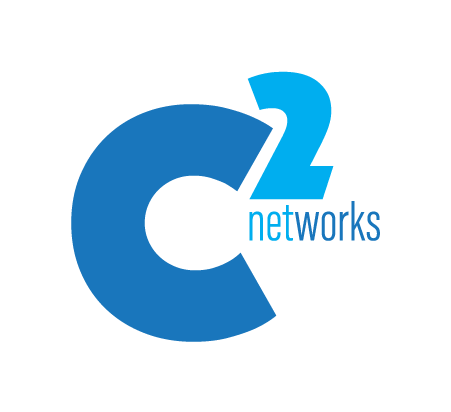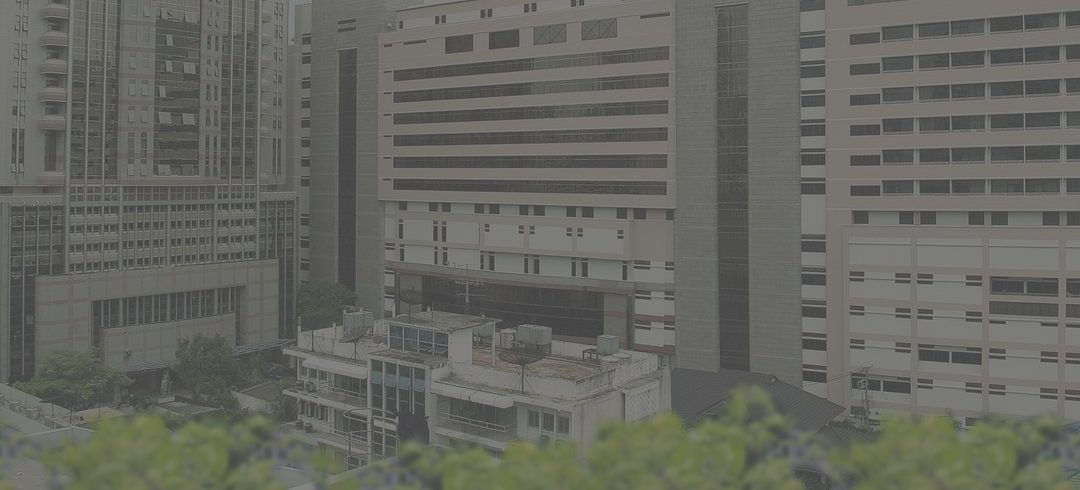Patient care experience
Patients and guest take for granted that they can use their cellphone wherever they go and will be frustrated by a facility where this is not the case. Missing important family phone calls, being unable to receive text updates on prescriptions or appointments, or not being able to access social media sites can all be frustrating experiences to patients and guests. This can lead to lower patient experience ratings even if the patient was otherwise happy. 62% of healthcare executives said poor cellular coverage had a severe impact on their business(Source: Nemertes/SCF).
Today, patient portals allow people to manage appointment scheduling online, and to maintain their medical records and other vital information. Doctors and nurses interact with patients and their families in a whole new way, and use a variety of cutting-edge procedures, apps and mobile technologies.
Many hospitals and clinics are using digital check-in procedures that rely on text messaging. Many pharmacies use test messaging to update patients on the status of their prescriptions. In Arkansas, Verizon and ATT signals are often strong enough outdoor and indoor. However, the healthcare provider has no control over what provider the patients and guests may have. And while Sprint and T-mobile may not be major players in Arkansas, the patient may be from an area where those carriers are more prevalent. In addition, many patients may use one of the many lower-cost MVNOs (Mobile Virtual Network Operator) like Cricket, Boost, or StraightTalk.
Hospital staff
Mobile computing devices and smartphones have touched every field in one way or another, and medicine is no exception. For healthcare professionals, smartphone or tablet computers now enable them to perform functions and stay connected in real time.
Doctors where one of the last major strongholds of the pager. Now, doctors and nurses increasingly rely upon SMS messages and mobile apps on their smartphones, especially in urgent care and remote care systems. Staff benefits of full cell coverage inside the healthcare facility include:
- Assured and timely delivery of urgent staff calls and messages
- More calls answered the 1sttime leading to increased efficiency
- SMS integration with nurse call, patient alarm, and security
- Increased user-friendliness of smartphones over cordless handsets
 Source: smallcellforum.com
Source: smallcellforum.com
Of course, these apps and text messages become unreliable when cellular service is spotty or non-existent. For obvious reasons, that can lead to problems that are unacceptable to both patients and caregivers in a healthcare setting.
C2 Networks can help with a cellular booster system
Improved cellular connectivity throughout a healthcare facility can reduce many of the daily frustrations that hinder the efficient delivery of care. Patients able to communicate with family, family members able to communicate with other care givers, and most importantly doctors able to easily communicate with other doctors and specialists.
C2 Networks has the expertise in designing and installing in-building wireless systems. Our relationships with manufacturers and our experience in the industry enables us to provide a plan of action that will optimize the budget you allocate towards improving the cellular connectivity in your healthcare facility.
Improving the cellular connectivity in your facility is an easy move you can make to provide a higher standard of care for your patients. But many facility owners and manager avoid the task of improving signal because they fear cost and disruption to patients.
Improving the cellular signal in your facility doesn’t have to be costly or disruptive.Cell signal boosters offer an affordable and convenient solution. Unlike traditional active DAS systems, which require networks of fiber optics to be hardwired into a building, passive and hybrid DAS offers a much simpler solution, using a series of antennas exactly where they are needed to boost signal. Our passive and hybrid DAS solutions range from 30 cents to 70 cents per square foot, including hardware and installation, making it the more affordable option compared with traditional DAS solutions, which can range from $2 and $4 per square foot.
C2 Networks can conduct a site survey and provide you with an estimate to provide full coverage for your healthcare facility. Even if you are taking the first steps towards solving this major issue for healthcare facilities, get us involved early so that you can set budgets and expectations with leadership. We know the amplifiers, cabling, antennas, grounding, lightning protection, carrier requirements, and other details necessary to install and manage the entire project. Call us today at 501-392-5755 to get started or use the contact form below.

